The vast majority of land conservation in our state is on private property. Landowners help preserve Virginia’s rural beauty by deciding the future use of their land. This is called a conservation easement. Many of the properties listed on our site are already protected or eligible for future protection through the Virginia Outdoors Foundation,
Unlike many other states, agriculture and forestry are still Virginia’s largest industries. They provide approximately 500,000 jobs and contribute more than $80 billion to the economy. Unfortunately, this is declining. Between 2002 and 2007, Virginia lost 60,800 acres of agricultural land directly to developed uses. Even as the economy changes, conservation easement helps protect Virginia’s natural beauty for future generations.
Benefits of Conservation Easement for Landowners
Conservation easements protect the value of the land. But this legal agreement also benefits the owner. In order to incentivize landowners to donate their divisible land rights to organizations such as the VOF, the Virginia government created the Land Preservation Tax Credit Program.
This program provides a useful financial-planning tool for Virginia taxpayers. It allows donors of land and easements for conservation to offset their state income tax liability and sell their unused credits to other Virginia taxpayers.
More than Just Tax Benefits
Aside from the legal and economic benefits of land conservation, the greater effect is more personal. In a country where open fields and forests are dwindling, it’s rare to live in an area that intentionally preserves them. When I drive through the countryside and look at our rolling hills, I know that in fifty years much of this view will remain the same.
I grew up benefitting from a neighbor who holds high regard for conservation easement. He owns several thousand connected acres that adjoin our smaller family farm. As a child, I crossed the river on my pony with a dog in tow. I rode for hours without crossing the same trail. This access to the wilderness as an adult is one of my most prized experiences. It is certainly one that most equestrians do not have access to on a regular basis.
In Virginia, we don’t just inhabit our state; we actively cultivate and preserve our way of life. Conservation easement is a main way that we hope to savor our experiences and ensure that future generations will enjoy the beautiful countryside.



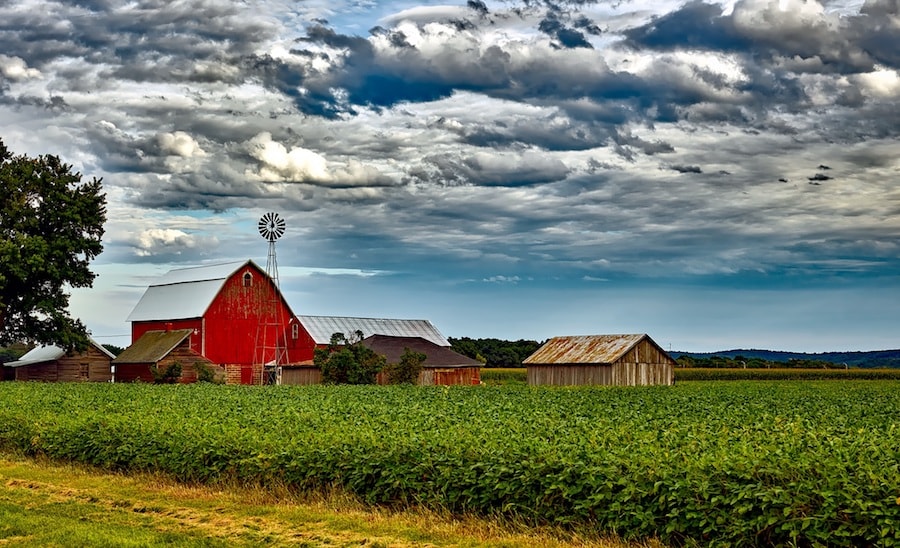
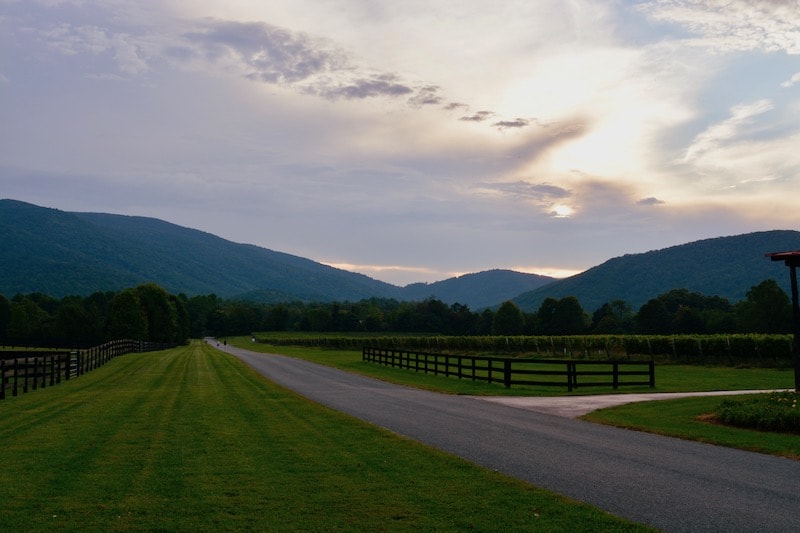
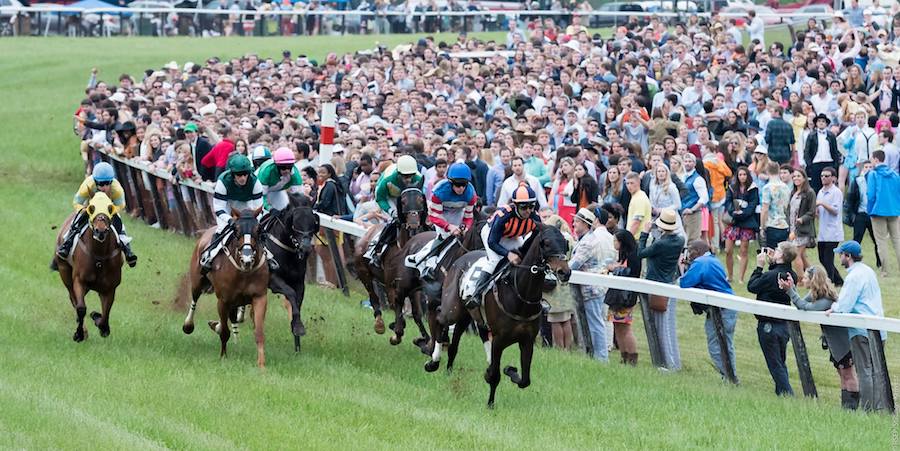
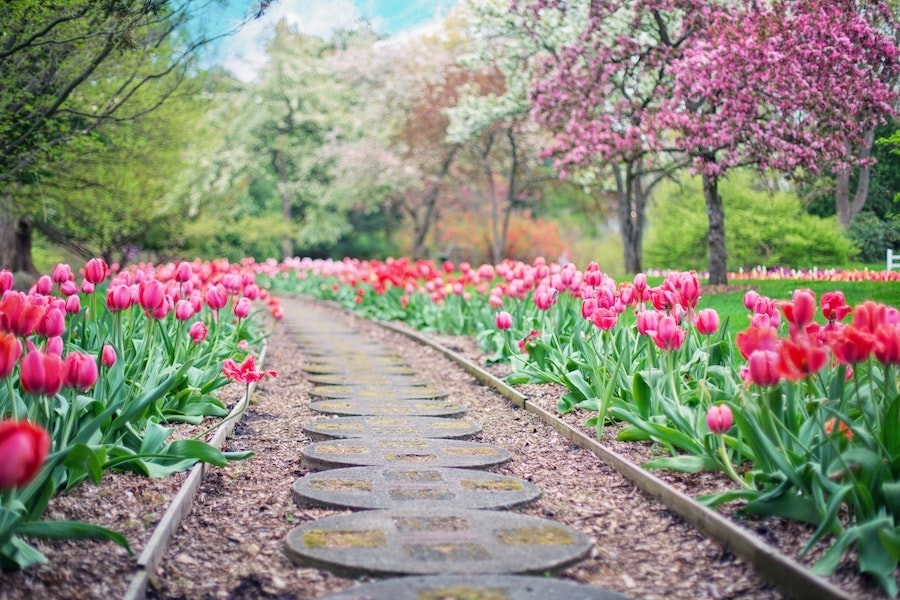
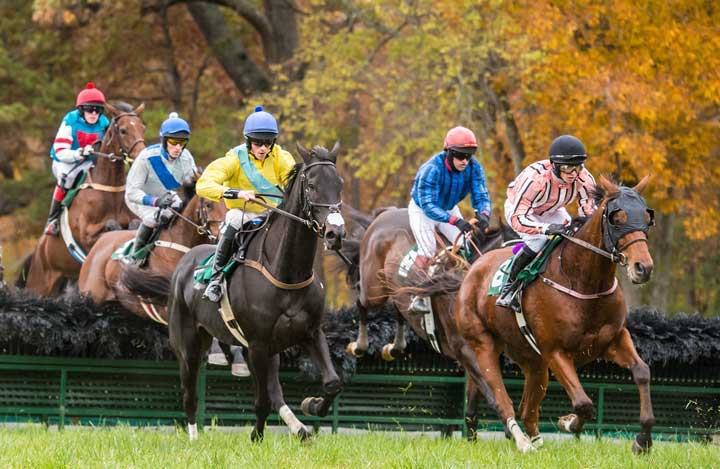
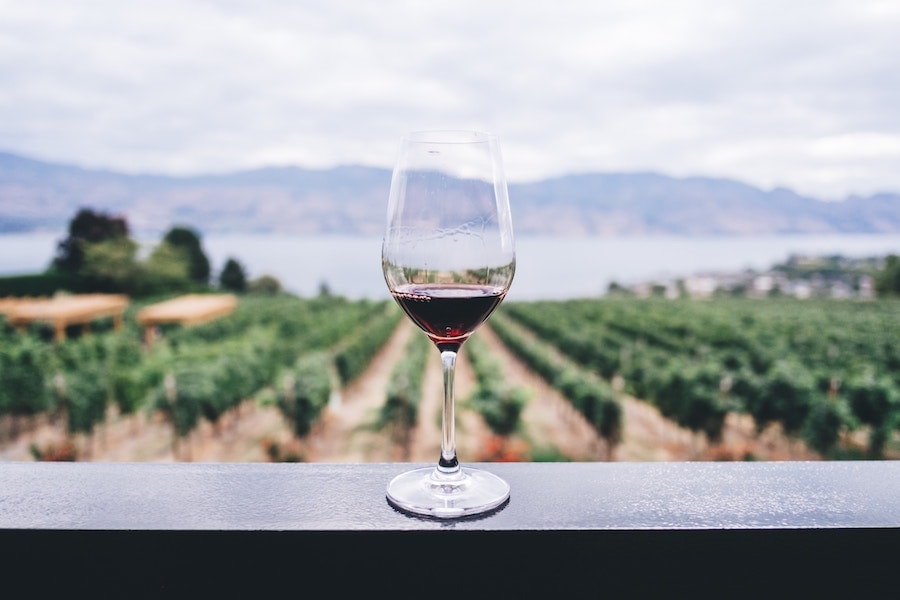
Leave A Comment
You must be logged in to post a comment.